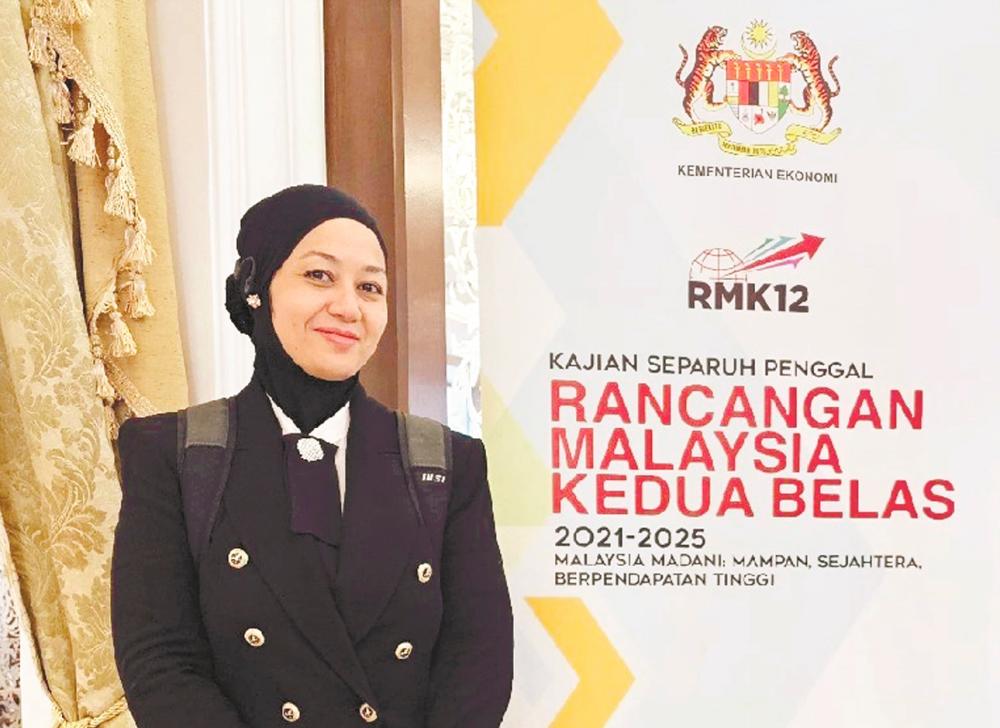KUALA LUMPUR: Sabah offers lucrative opportunities for environmental, social and governance (ESG) conscious global investors, according to Invest Sabah Bhd.
Invest Sabah chief communications officer Datin Nirvana Jalil Ghani said the state is currently focusing on promoting ESG investments into Sabah.
“The government allocates about RM30 million annually to Sabah for forest preservation. And this expenditure does not include other investments. As you can see, in terms of research, governance, and more, we are moving towards a completely green approach. That’s why, even regarding the investments we bring into Sabah, our focus is on green technology and anything related to environmental sustainability,“ she told SunBiz.
Nirvana pointed to the uniqueness of Sabah which lies in the fact that 59% of Malaysia’s mangroves are located in the state which offers research and investment opportunities for local and international investors.
“In terms of rainforest, Sabah boasts the second oldest rainforest globally and the oldest tropical rainforest,” she added.
Currently, the state is seeking investment in manufacturing, tourism, agriculture, human capital, and infrastructure and utilities.
Furthermore, although the state government has a policy against exporting raw materials, it invites investors to explore opportunities by investing in and establishing processing factories in Sabah. This encompasses among others a range of industries, including cocoa, timber, and biomass.
For manufacturing, Sabah has Kota Kinabalu Industrial Park (KKIP), which is wholly owned by the state government. An integrated industrial park covering 8,320 acres, it comprises several components, including industrial, commercial, R&D and institutions, residential and tourism development.
Sabah is located within the Brunei-Indonesia-Malaysia-Philippines East Asean Growth Area with international direct flights to Kota Kinabalu from China, Hong Kong, Macau, Taiwan, the Philippines, Brunei, Singapore and South Korea.
There are 2,309 flights arriving at Kota Kinabalu International Airport (KKIA) a month, which equates to 77 flights per day or three flights per hour. On an average day, there is at least one flight arriving every 20 minutes (August 2023).
From January to May 2022, there were 558,169 registered tourist arrivals compared with 102,965 in the previous year.
In 2019, more than nine million passengers passed through KKIA, making it the second busiest airport in Malaysia after Kuala Lumpur International Airport (KLIA) in terms of passenger and aircraft movements and the third busiest in terms of cargo handled.
The state’s major trading partners are Peninsular Malaysia (RM16.4 billion export, RM18.4 billion import), China (RM7.6 billion export, RM3.1 billion import), Australia (RM4.1 billion export, RM275 million import), European Union (RM3.4 billion export, RM861 million import), and India (RM3.5 billion export, 460 million import).









